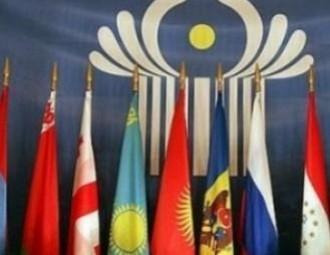Belarusan Foreign Ministry doesn’t see how Miklos Haraszti can help Belarus

Such statement made Yury Ambrazevich, the Head of the Directorate for Multilateral Diplomacy of the Ministry of Foreign Affairs of Belarus, at the briefing for journalists.
”The Belarusian Foreign Ministry is doubtful that a constructive dialogue is possible with Miklos Haraszti, the UN Council on Human Rights' special rapporteur for Belarus”, pointing out that “the UN post occupied by Haraszti was established "without consultations with Minsk and without the Belarusian government's consent," RFE/RL quotes Yury Ambrazevich’s words.
As EuroBelarus Information Service has earlier reported, Yury Ambrazevich also presented the report “Most Resonant Human Rights Violations in Certain Countries 2013”, in which Belarusan Foreign Ministry accuses EU, US and Canada of human rights violations.
Let us recall that Haraszti published his first assessment of the human rights situation in Belarus last year. In the report, Haraszti noted that human rights in Belarus are systematically restricted, especially in the case of freedom of association, assembly, and expression, as well as the right to a fair trial.
Haraszti had planned to meet with officials and civil society activists in Belarus while working on the report, but the Belarusian authorities denied him an entry visa.
-
03.01
-
07.10
-
22.09
-
17.08
-
12.08
-
30.09








































